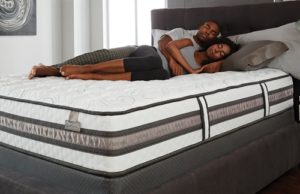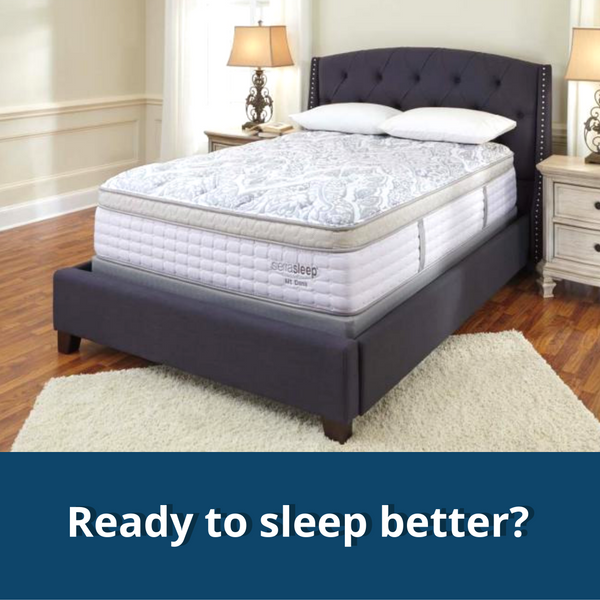
The amount of sleep adults need each night to function during the day varies depending on the individual. While around seven to eight hours is usually recommended, Gina Shaw at WebMD explained that some people operate effectively on six hours, while other require around nine. Despite these recommended figures, there may be a variety of factors inhibiting people's ability to get a good night's sleep.
From eating poorly late at night, to using electronics in bed, people can easily change a variety of external factors that may be hindering their ability to sleep deeply. This is recommended because bad sleeping patterns are closely tied with poor health.
"Lack of sleep harms human health," Nathaniel Fletcher Watson, a University of Washington neurologist and sleep specialist, noted to Sanjay Gupta at Everyday Health. "It's associated with bad health outcomes, and affects our relationships with others. People need to view sleep as a performance-enhancing activity."
One of the main problems associated with lack of sleep is the mattress on which people sleep. For those who toss and turn each night or wake up exhausted and sore, it may be time to switch out their mattress. Most experts recommend replacing mattresses once every eight years, though this time is not set in stone for those who want to begin sleeping better each night today. Here are two factors why your bed may be directly affecting your quality of sleep:
- It is full of dust or allergens: Those who suffer from severe allergies, asthma, or other sinus & respiratory problems should know that their mattress may be full of dust mites, dust mite carcasses, allergens, mold, mildew, and other substances that may be causing their condition to flare up This could cause difficulty in breathing which in turn would cause an inability to reach REM sleep cycles. Seeking out a hypoallergenic mattress or frequently vacuuming a high-quality mattress can eliminate these allergy triggers, making it easy to sleep each night.
- Everyone's body is different: Choosing the right mattress is as personal and as difficult a choice as finding the right pair of jeans. A mattress may be firm to one person, yet too soft to another. Meanwhile, everyone has different pressure points, health concerns, and body types, making the search for a mattress a very specialized and difficult/scary process. This is why generic or older mattresses may be drastically affecting a person's quality of sleep. Many specialists recommend finding a mattress that contours to the body, like a mattress that features visco-elastic memory foam which adapts to all contours and pressure points to keep the spine in proper alignment regardless of sleeping position which diminishes the need for tossing & turning due to pain or poor circulation which in turn keeps the sleeper in REM sleep longer. However, this also depends on existing health problems. Those with chronic back problems might benefit from mattresses with more support whereas those without this condition might benefit from a mattress with more comfort layers that may help them fall asleep faster. Essentially, it's wise for people to ask questions and test out mattresses with varying degrees of comfort levels and different styles to find the best mattress that fits their unique needs.
Make sure to stop by Arwood's Furniture & Mattress, Missouri's LARGEST Furniture Store, today! We are a proud, family-owned business that wants to see you find the best of today's top sleep products and most comfortable mattresses so that you can start getting the high quality sleep you deserve each night.



